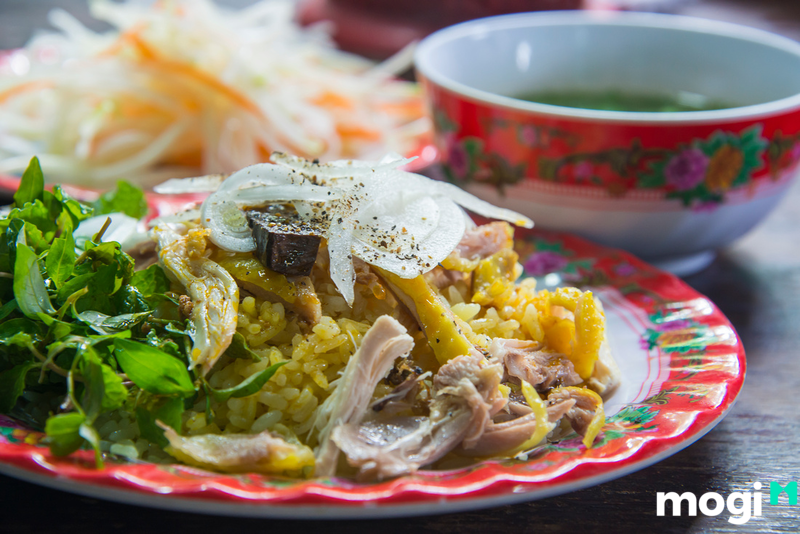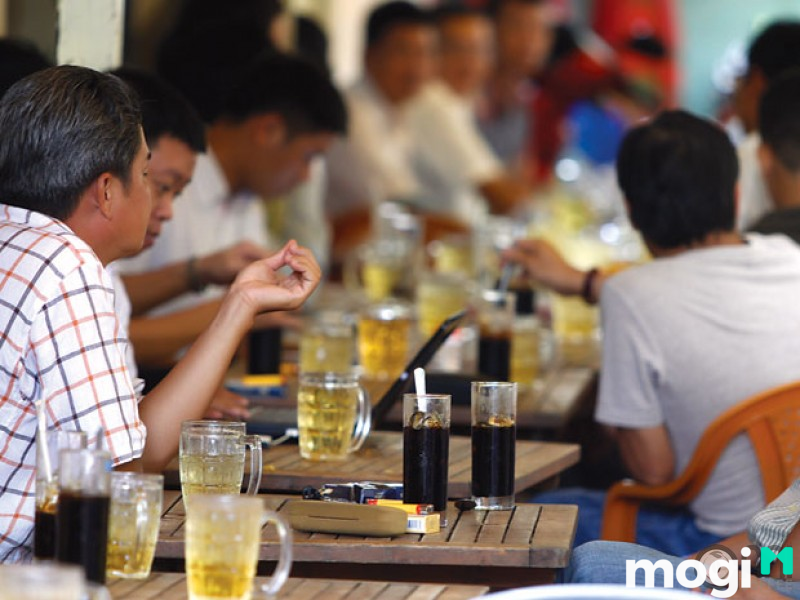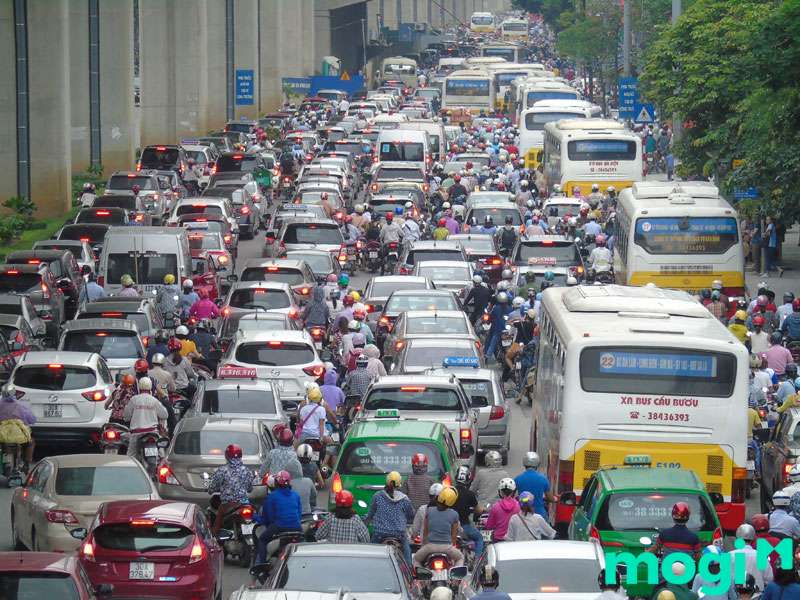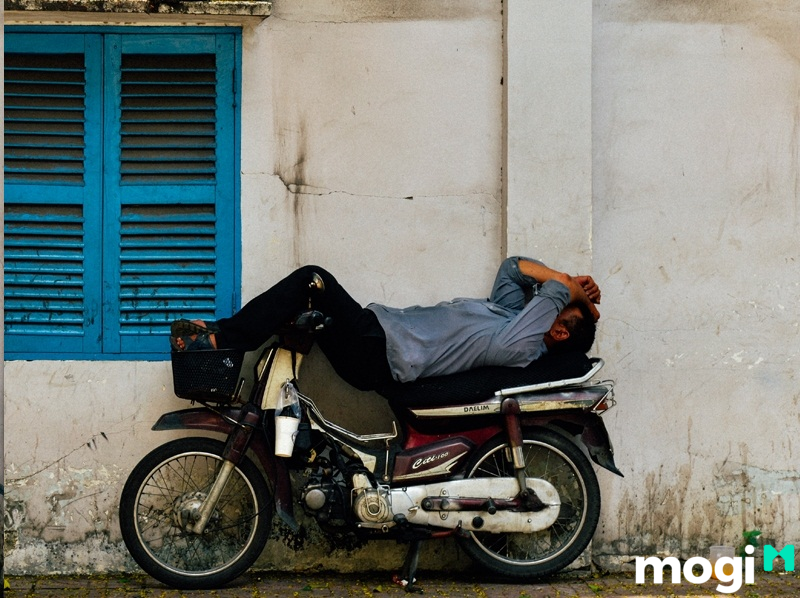Every country has own unique culture, customs and habits and Vietnam is no exception. If you are a foreigner who are going to buy a house in Vietnam, knowing what Vietnamese people are like is very important to join in the community, especially if you are from the West.
Here are some habits of Vietnamese people you can notice once you own a house or rent an apartment here.
We eat rice
Just like other East Asian countries such as Japan, Korea, China, Thailand, Vietnamese use rice as the staple food. To Vietnamese, rice is not simply considered as a dish but the soul of a meal, no matter how delicious other dishes are, the meal will not be perfect without good rice. People in each region in Vietnam also has different cooking methods and have given birth to various must-try rice dishes: chicken rice in Hội An, Tấm/Broken rice in Ho Chi Minh City, Baby clam rice in Huế, etc.
Vietnam has always been one of the world’s richest agricultural regions and is the second-largest (after Thailand) exporter worldwide. Meanwhile, Vietnam is also the world’s seventh-largest consumer of rice. That’s how important rice is to Vietnamese.
Foreigner people who has just afforded a house in Vietnam may find it hard at first to get used to eating rice, but once you are into it, you could not stop any more.
However, if you find it hard to cope with this daily staple, especially in the big cities, consider finding an accommodation inside the popular expat area for a more diverse choice of food. You can buy a house in Bui Vien District 1 Ho Chi Minh City, or the Old Quarters in Hanoi.

Vietnamese love drinking coffee
The Chinese, British, Japanese all love tea. Vietnamese love tea too, but modern Vietnamese like coffee even better. If you buy a house in Saigon or Hanoi and walk down the street in the morning, you can find a sidewalk cafe almost every 100 metre. A cup of coffee after breakfast is gradually becoming a local custom in Vietnam today. The image of small, crowded sidewalks where many people concentrate on reading the newspaper, smoking or chatting with friends besides cups of coffee has become very familiar in Hanoi.
Vietnam is the world’s second-largest coffee producer, but sadly, also one of the most obscure. Many people has praised Vietnamese coffee as the best coffee in the world. Unlike any Western country’s, Vietnamese coffee has a style of its own. It’s extremely strong, flavourful and makes converts as quickly as it raises pulses. Vietnamese iced coffee (also known as “den da”) and iced coffee with sweetened condensed milk (“nau da”) are the most popular. However, Vietnam has far more to offer, you should also look out for Yoghurt coffee, egg coffee or even coffee smoothie.

Vietnamese ride motorbikes
We can say that Vietnam is a nation that moves on two wheels. It’s not cars but motorbikes are used the most widely here. About 95 percent of registered vehicles are motorbikes or scooters, which is suitable to Vietnam situation with too many little narrow streets. If you buy a house in Hanoi or Saigon, you could be shocked by thousands of motorbikes running on the crowded roads.
Trying riding one is fun, but a little courage is required. You must take into account the fact that people do not always follow the rules on the road. If you are not brave enough to ride one yourself, sitting on the back of someone else such as “Xe-om” is also an experience that most tourists should try.

Vietnamese have so many pronouns
Vietnamese is a hard language to learn. There’s a very interesting fact about Vietnamese is that we Vietnamese have so many pronouns that you must learn well before speaking anything to anyone. There is no just “I” and “you” in colloquial Vietnamese.
People address each other according to their ages: “anh” for older man, “chi” for older woman, “em” for younger and so on. Vietnamese terms of reference can reveal the social relationship between the speaker and the person being referred to, differences in age, and even the attitude of the speaker toward that person. This is why Vietnamese quickly ask strangers how old they are so that they can use the appropriate pronoun and treat them with the correct amount of respect.
This is indeed one of the hardest challenges that may hinder Vietnamese learners from making rapid progress but it makes Vietnamese much more expressive. There are more than 40 different pronouns describing the relationships between individuals and groups of different ages and positions. Most sound a lot better in Vietnamese than in English.
Vietnamese take naps at noon
In Vietnam, mid-day naps are strongly encouraged. It is believed to help you recharge the batteries for the second half of the working day. Studies show a quick 26 minute nap can result in up to a 34% increase in performance and raise alertness by 54%. A nap normally takes about 20 to 40 minutes after lunch. People can nap anywhere: on their motorbikes, in hammocks hanging from roadside trees, in their office chair during an important meeting. This habit may due to the hot weather or simply because many Vietnamese are early risers and need a short rest.
So never view mid-day napping as laziness, it’s a well-earned rest, a very good habit of Vietnames people. If you settle and buy a house in Vietnam, you can learn it too!

Life in Vietnam may be too different from Western and developed countries due to many reasons. Discover many more interesting facts about Vietnamese people yourself once you buy a house in Vietnam!
Linh Chi – Mogi.vn





